It was a time for parents and friends of Chevallum Primary students to go back to school.
In a remarkable show of learning and initiative, the Family G Year 2, 3 and 4 students at the school put on an extraordinary Slow Food Fest to finish the term.
Initially inspired by Noosa chef Matt Golinski and supported by the teachers, the students showed family and the school community the level of understanding and knowledge learned about food – its benefits, its production and the care needed to maintain sustainability.
It was a mini Slow Food Festival with marquees, stalls, information sections, galleries, live displays – “yes, there are worms in there” – as well as invasive fish and native fish.
There were tastings including many from Slow Food Noosa Snail of Approval members … Woombye Cheese, Vibrant Nourishments, Hello Honey, The Fermentier, just to name a few.
The children were so knowledgeable, passionate and committed to what they had created.
Everything excited guests – the education levels, pamphlets to explain demonstrations, live displays, demonstrations of soil, air and water health.
Held at the Lyn Winch Hall, it was the culmination of a semester learning all about food sustainability and Slow Food.
The festival saw students formed into groups, having chosen a topic to research and educate the school community about.
Karen Back, one of the teachers involved in the program, said topics included – the importance of native foods, bees, biodiversity, microgreens, air plants, food waste, small space veggie gardens, recycling, composting and locavores.
“We have been lucky enough to receive some support from various businesses that are also supported by Slow Food Noosa, My Dilly Bag, Noosa Natives, Vibrant Nourishments, Noosa Landcare and IGA Forest Glen,’’ she said.
“We did a similar unit a few years ago and were supported Slow Food Noosa’s Matt Golinski, who kindly did an amazing cooking demonstration, as well as committee members Rod and Karyn Lees.’’
Noosa Slow Food committee member Dr Melissa Innes was impressed and inspired by the display.
“These children were passionate, informed, and excited to be offered the opportunity to create and learn about a great cause.
“Their enthusiasm was contagious.
“It is a great thing to see a curriculum in action in primary schools that inspires our future generations to care for this increasingly fragile planet.
“The teachers at Chevallum Primary School should be commended for the phenomenal efforts they went to in preparing the Slow Food program that was on show for students, family and the broader school community.
“The display was sensational – inspired artwork, locally produced artisan products and educational communication materials sharing a common message.”
A SEMESTER OF LEARNING ABOUT FOOD
Slow Food Fest was the culmination of a semester of learning for the students in Family G (Year 2, 3, 4) at Chevallum State School.
Throughout the semester students explored answers to the question “How can we solve today’s problems for a better tomorrow?”
Initially students identified that many of the problems the world is currently facing, including loss of biodiversity, climate change and waste, has a great deal to do with our relationship with food.
Knowledge and understanding about these topics were developed through the integration of subject areas such as Humanities, Science and English.
Among other topics, the children learnt about the importance of vegetation to humans and animals, food chains, life-cycles of plants and animals, climate and the importance and role of healthy soils.
Learning occurred through a combination of reading, hands on experiments, excursions to local farms and visits from experts.
Armed with this knowledge and a deeper understanding of the issues facing the earth, students were tasked with developing a food related proposal that could help solve an environmental problem.
Students chose a topic of interest to themselves and from there completed research about the topic, wrote a persuasive text about it and devised a practical way to teach others about the importance of their idea.
Over a busy few weeks, the children implemented their plan and brought their ideas to life resulting in a fabulous showcase of their learning of which they and their teachers were extremely proud.
Topics were wide and varied including: The importance of pollinators; The benefits of a slow food garden; How to eradicate invasive fish in waterways; The Advantages of eating Vegan Food; Slow Food; How to use Native Plants; Microgreens; Planting in Small spaces; Vertical Gardens; Seed Bombs; How to Reduce, Re-use and Recycle; and How to Reduce Food Waste.
Local businesses generously supported the festival by providing produce or goods that the students could share with visitors.
Close to 150 family and friends came to Slow Food Fest and many commented on the deep understanding demonstrated by the students when questioned about their idea.

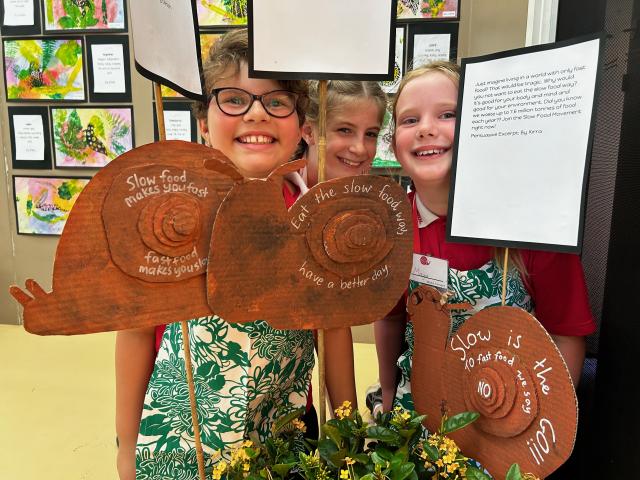
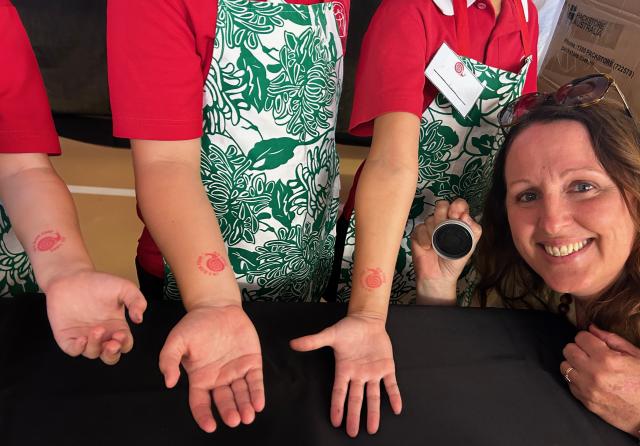
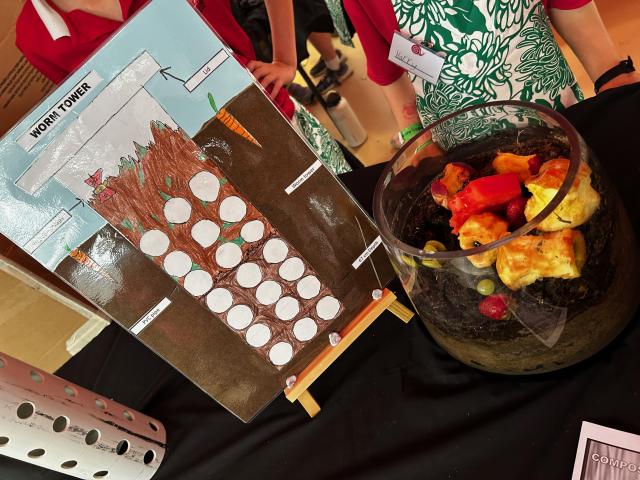
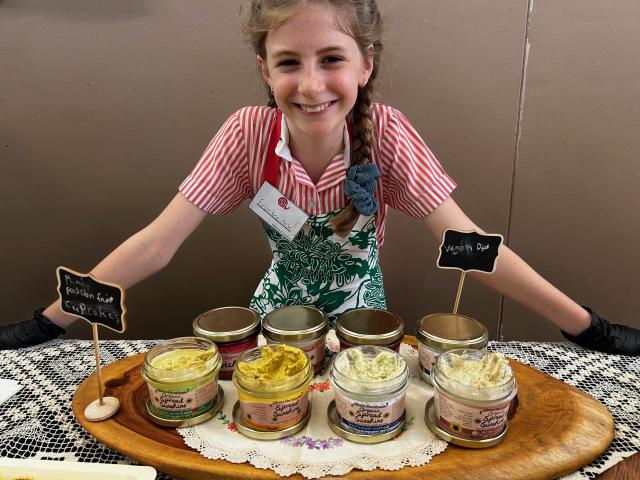
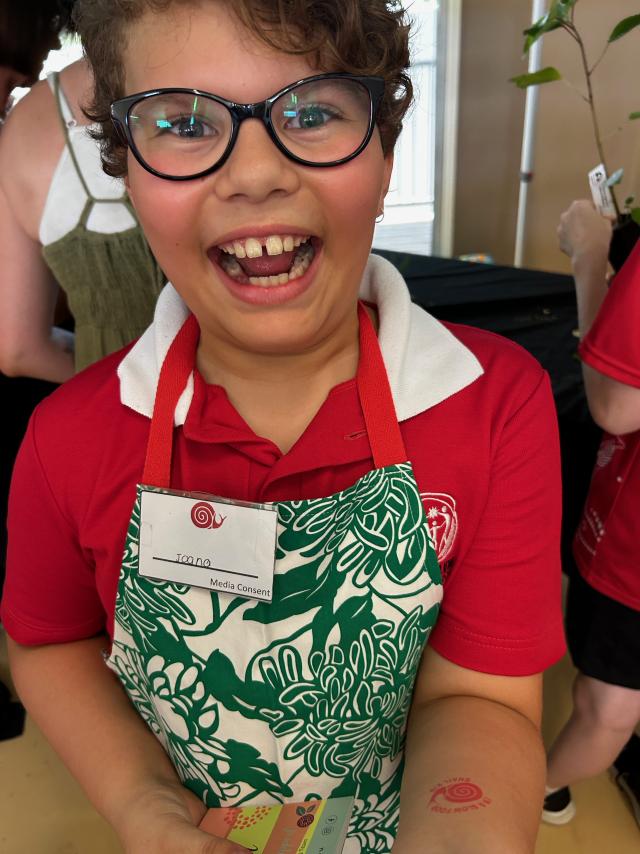
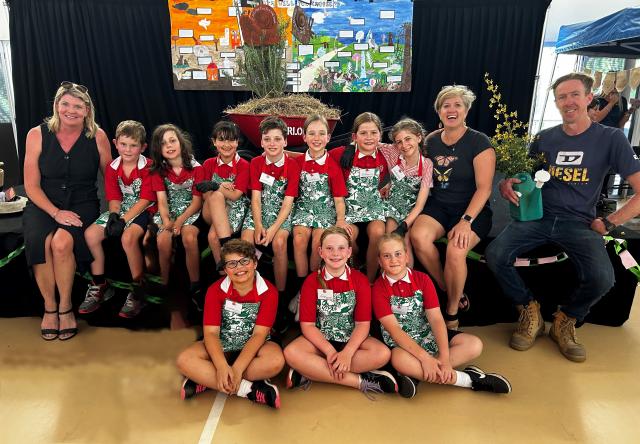
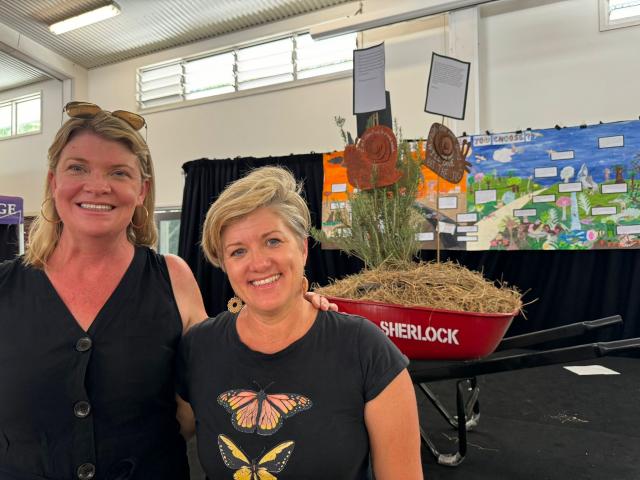
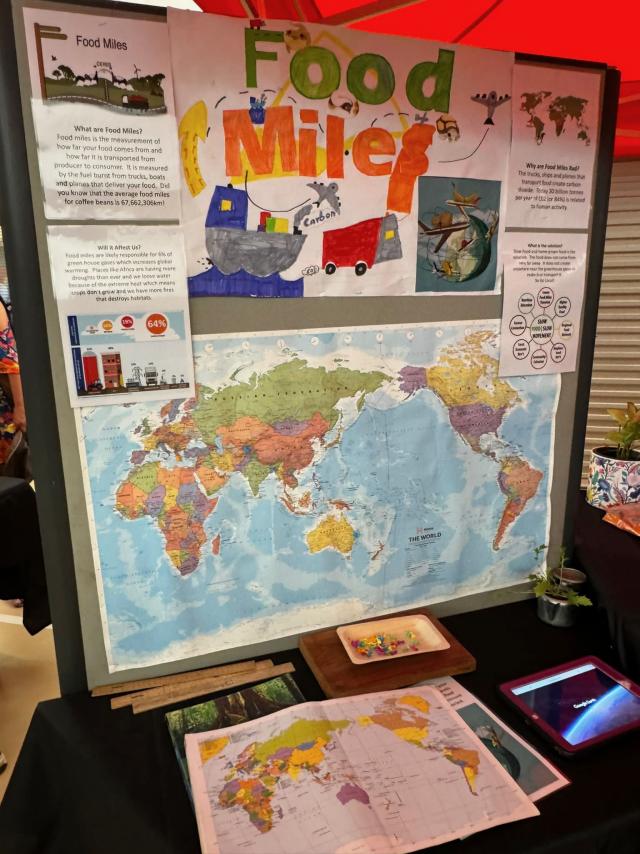
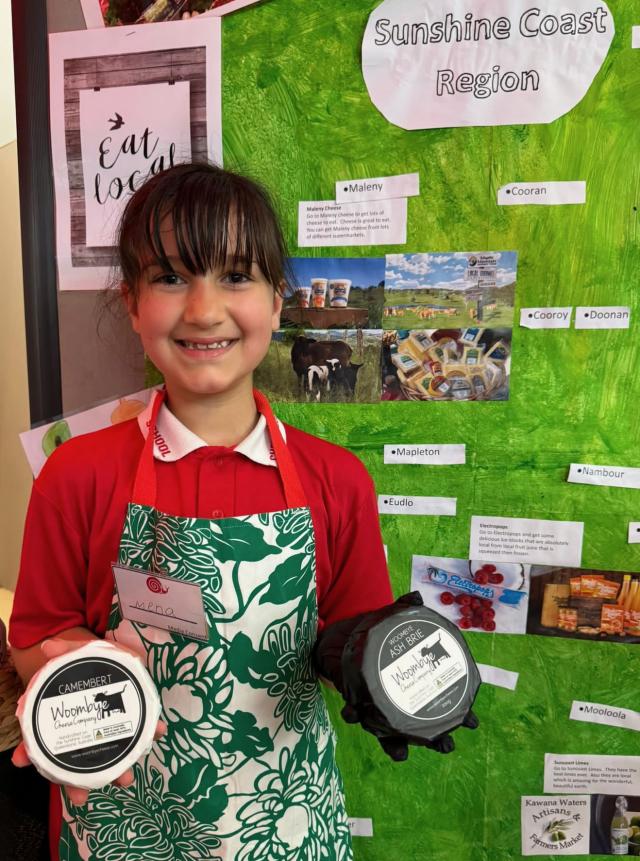
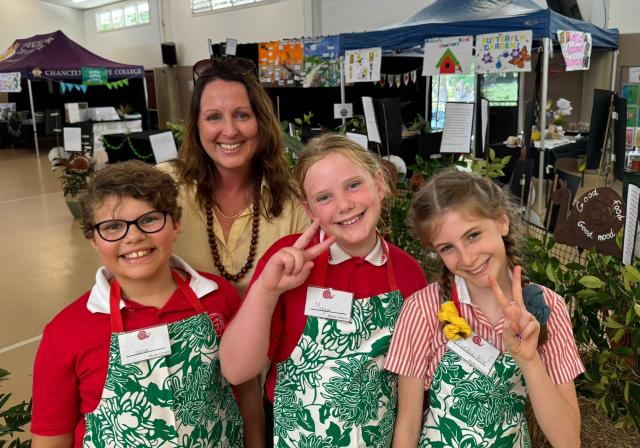
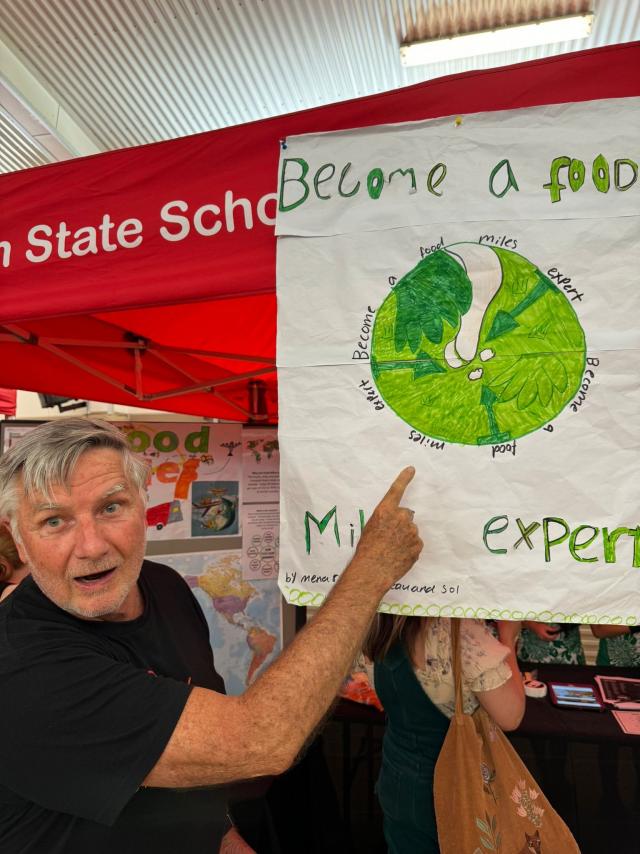
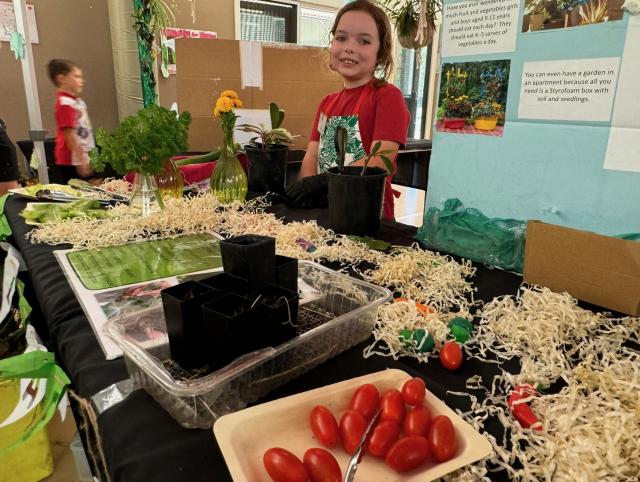
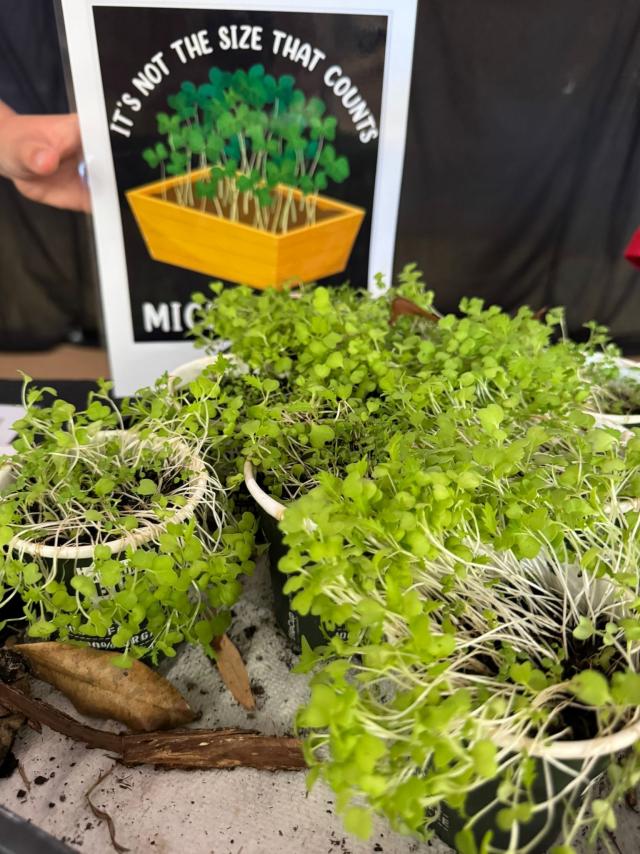
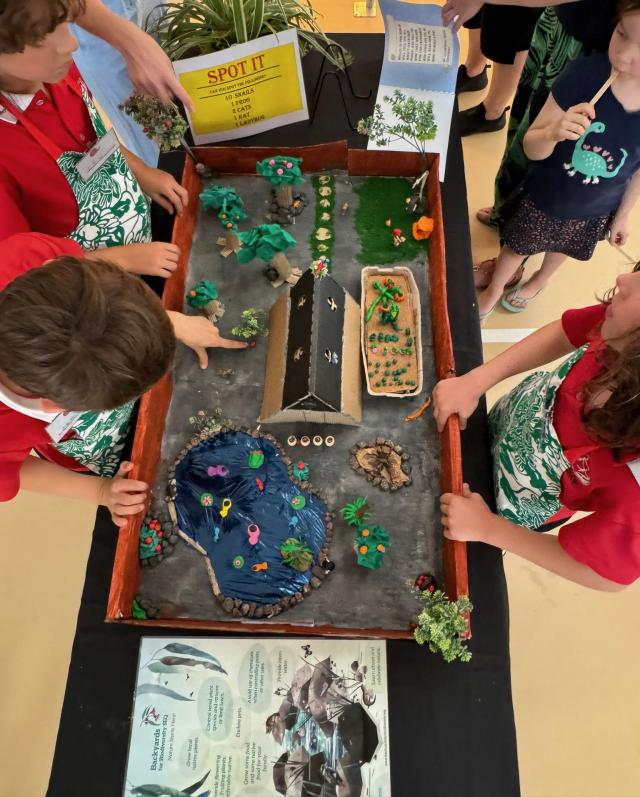
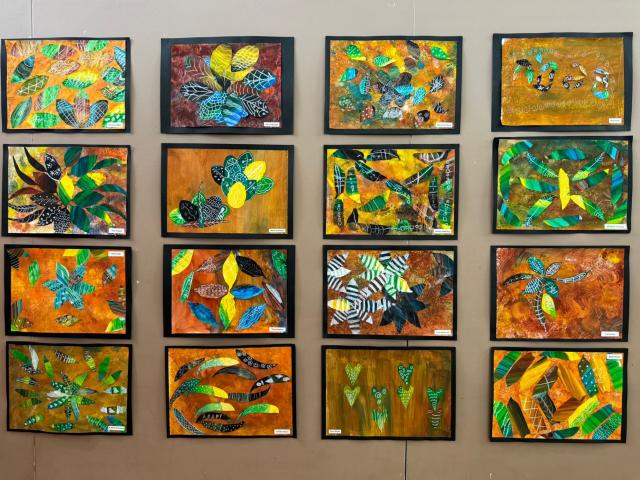
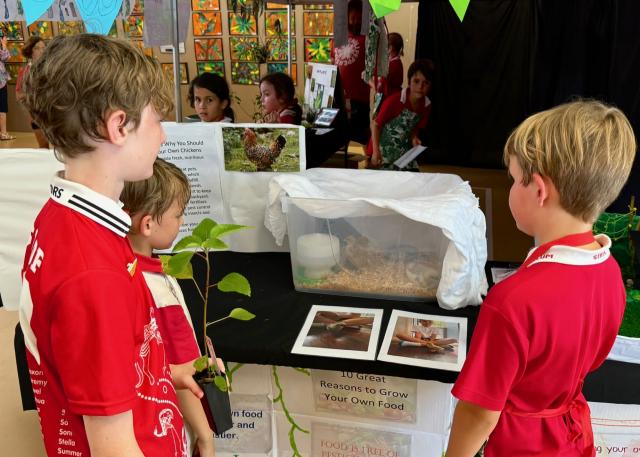
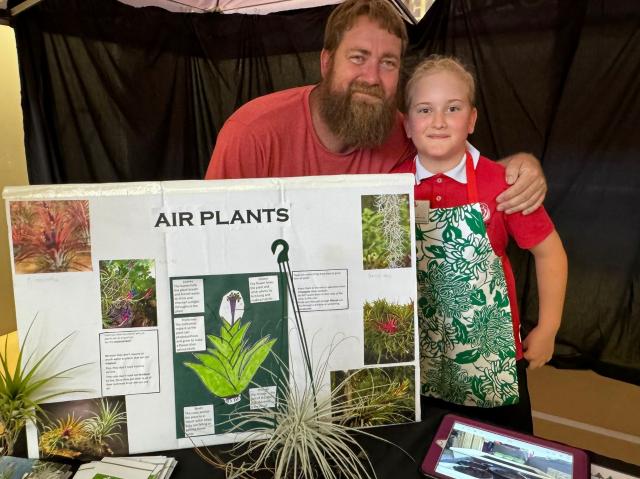
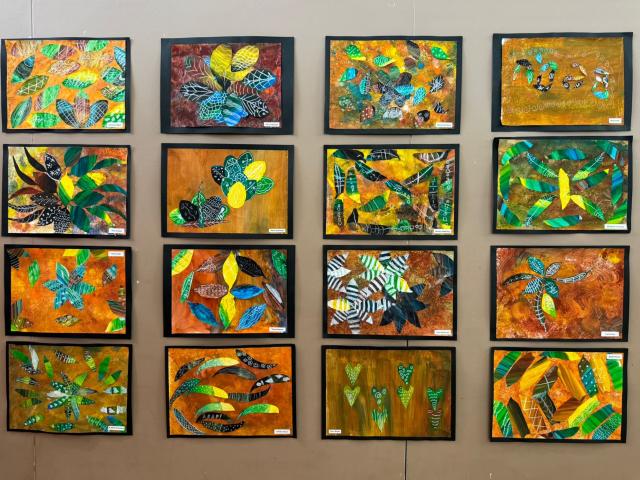





![[READER COMPETITION] – Win a family ticket to Hudsons Circus](https://noosatoday.com.au/wp-content/uploads/2026/02/Hudsons-circus-1-100x70.png)
